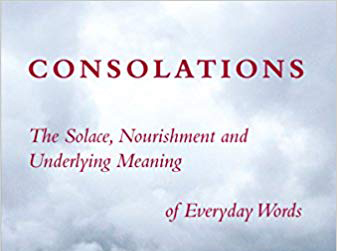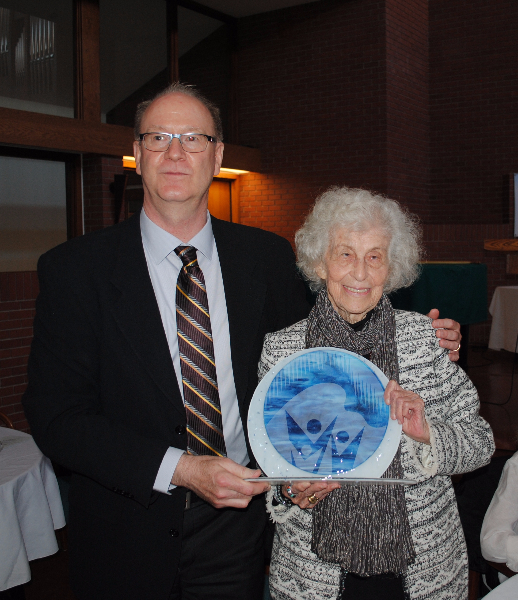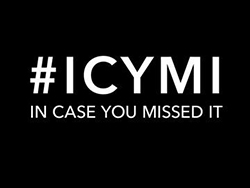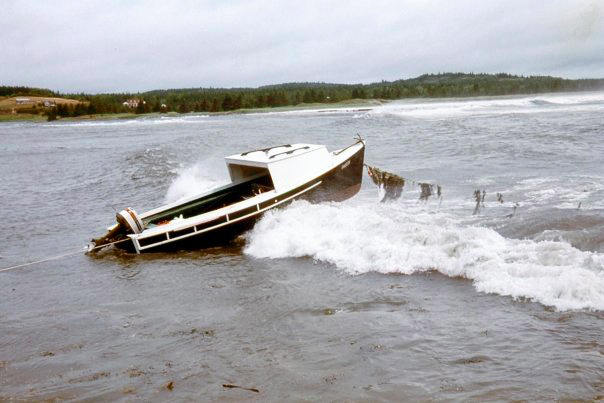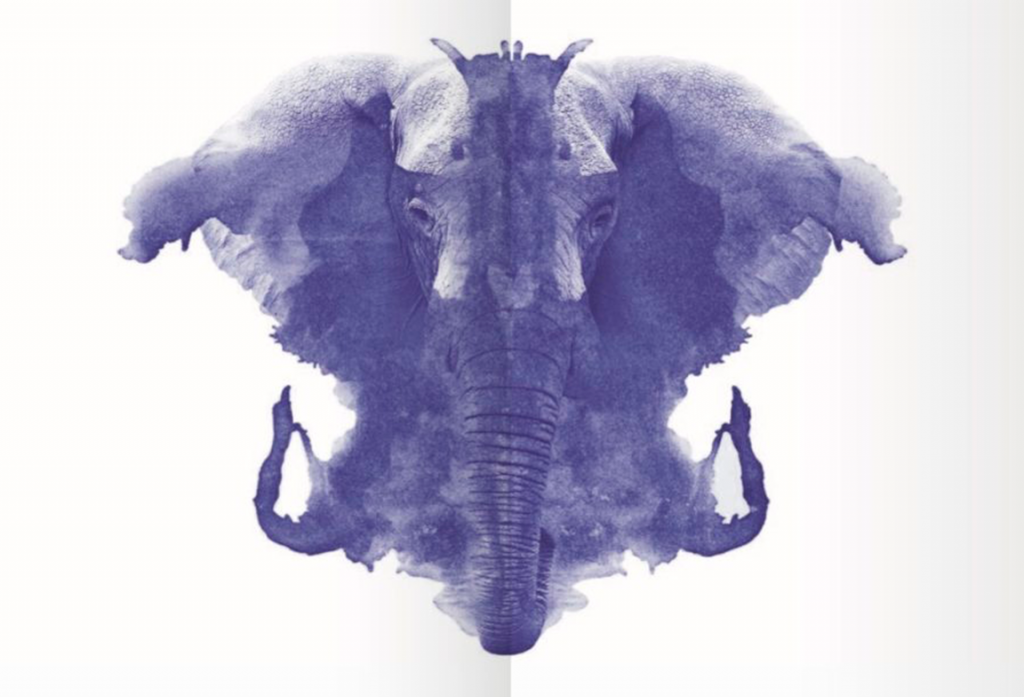David Whyte on Vulnerability
Wayne Dodge recommends David Whyte’s writing on vulnerability. Whyte challenges us to “cultivate a robust vulnerability … to stop trying to follow a road where I won’t have my heart broken.”
By Wayne Dodge. Wayne has been associated with The Haven since 1981. Over the years he led Come Alive, Living Alive Phase I, and New Horizons: Phase III. With Gwen Ewan, he co-created Self-Compassion and a series of programs on Haven skills.
Brené Brown has brought the topic of vulnerability very much to the foreground – through both her books and her TED talks.
Another writer popular in culture today is David Whyte – a poet from Ireland who happens to now live in Washington State. His writing on vulnerability is also worth the time. Here’s a passage from his Consolations: The Solace, Nourishment and Underlying Meaning of Everyday Words (Many Rivers Press, 2015):
Vulnerability is not a weakness, a passing indisposition, or something we can arrange to do without, vulnerability is not a choice, vulnerability is the underlying, ever present and abiding undercurrent of our natural state. To run from vulnerability is to run from the essence of our nature, the attempt to be invulnerable is the vain attempt to become something we are not and most especially, to close off our understanding of the grief of others. More seriously, in refusing our vulnerability we refuse the help needed at every turn of our existence and immobilize the essential, tidal and conversational foundations of our identity.
To have a temporary, isolated sense of power over all events and circumstances, is a lovely illusionary privilege and perhaps the prime and most beautifully constructed conceit of being human and especially of being youthfully human, but it is a privilege that must be surrendered with that same youth, with ill health, with accident, with the loss of loved ones who do not share our untouchable powers; powers eventually and most emphatically given up, as we approach our last breath.
The only choice we have as we mature is how we inhabit our vulnerability, how we become larger and more courageous and more compassionate through our intimacy with disappearance. Our choice is to inhabit vulnerability as generous citizens of loss, robustly and fully, or conversely, as misers and complainers, reluctant, and fearful, always at the gates of existence, but never bravely and completely attempting to enter, never wanting to risk ourselves, never walking fully through the door.
Whyte was also recently interviewed by Krista Tippett during which he expanded his discussion of vulnerability (here’s a link to the full interview):
We tend to think of vulnerability as a kind of weakness, something to be walked around. But it’s interesting to look at the origin of the word, from the Latin word “vulneras,” meaning “wound.” It’s really the place where you’re open to the world, whether you want to be or not. You’re just made that way. You were just grown that way. You feel that way. You feel the pain of others that way, and you feel your own pain that way. And it’s actually interesting to think about it not as a weakness but as a faculty for understanding what’s about to happen and where you need to go — the ability to follow the path of vulnerability. And yet, as human beings, we’re constantly hoping that we can find a pathway we can follow right to the end, which will never disappear; where we won’t have our hearts broken. We first of all try that in romance. Every time you have a new relationship, you say, “At last, the person who will not break my heart.”
No. You’ve chosen them out for that exact core competency. [laughs] Why? Because you care about them. Anything you care about will break your heart. It will move out of your line of control and understanding at times.
Then we go into our work, and we hope, in work, with the armored professionality of a vocation, that we’ll be held immune from the heartbreaks of life. But if you’re sincere about your work, you should not know how to proceed, at times. That tells you you’re sincere. You should not know how to get from here to there.
And that puts you into a proper relationship with the world. Why? Because you have to ask for help. You have to make the invitation to the people who will help you create the conversation, which will help you follow that path of vulnerability into the world and give your gift to others along the way.
Then we have parenting. And the first thought is to bring a child into the world, to bring joy into the world and to bring joy to you. But you’re also bringing your own particular form of intimate heartbreak into your life. There’s never been a mother or father, since the beginning of time, who hasn’t had their heart broken by their child. And they don’t even need to do anything spectacular.
[laughter]
But usually, they do, do something spectacular. [laughs] But all they really need to do is move away from you, grow out of the child you first knew, grow out of infancy, grow out of their adolescence, and then, leave the door. And then they live with you, as spies and saboteurs for years, watching your every psychological move.
[laughter]
Until one day, when you have your back turned to them in the kitchen, one day when you’re making something for them, the emotional stiletto goes in exactly the right place, and you say, “How did you know exactly where to place it?” And they say, “I’ve been watching you.” [laughs] You can’t have a child without being humiliated. They will see your flaws. They will see where you are not held together properly.
Any real conversation moves along an axis of vulnerability. Without vulnerability, there’s no conversation. So what would it be like, actually, to cultivate a robust vulnerability? To stop trying to follow a road where I won’t have my heart broken? The only way you can not have your heart broken is not to care.
One of my challenges as a Haven leader continues to be how to inhabit both the responsibility of leadership and the embodiment of vulnerability at the same time. The responsibility invites being authoritarian/know-it-all (a favorite position of mine) – while vulnerability invites the ‘being human with’ – requiring humility (not my strong suit). I am appreciative of all who continue to risk being out there in this tension, whether you’re a leader at The Haven or working and living in other fields.

